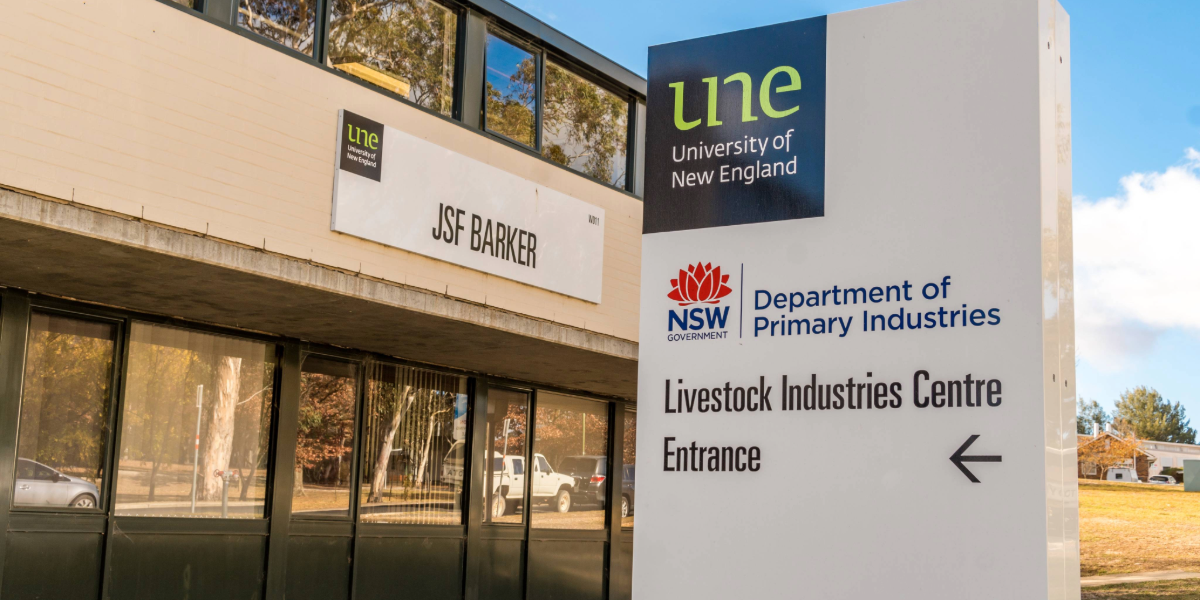The Premier’s office has assured there will be no job losses as a result of the government’s decision to merge the Department of Primary Industries and the Department of Regional NSW.
The Department of Regional New South Wales operates a significant office in Armidale, while NSW DPI operates at six locations across the region: the Livestock Industry Centre at UNE Armidale, the Agricultural Research & Advisory Station at Glen Innes, District Office – Agriculture at Gunnedah, District Office – Ag & Fisheries at Inverell, the Australian Cotton Research Institute at Narrabri, and the Agricultural Institute Tamworth. The Department has advised that yesterday’s announcement will have little impact on these offices.
The new Department of Primary Industries and Regional NSW will continue to do the majority of its work under the new combined structure. The main difference is that the six regional coordinator roles will be moved from the Department of Regional NSW to the Premier’s Department, enabling a more effective management of a whole of government response to complex issues.
The changes follow the significant intervention in Moree’s crime problem, which was very much driven out of the Premier’s Office.
The Regional Coordination teams will remain based in their current six regions ensuring the voices and needs of regional communities are at the centre of both government and the NSW public service. More general regional economic development focused on regional industries and employment will remain in the new department under Minister Tara Moriarty.
“These changes will set a course for the future, firmly focused on using an evidence-based approach to ensure funding, programmes and economic support goes where it is needed and generates the most benefits,” Minister Moriarty said.
“Under new leadership, the department will now focus on our key priorities of protecting, supporting, and developing regional NSW.
“The focus on biosecurity and agriculture will be boosted and the roll out of the new $350 million Regional Development Trust and the review of the Reginal Development Act will be elevated.
The blended focus of agriculture and regional development is underscored by the appointment of Steve Orr, the current Chief Executive Officer Local Land Services, as the Secretary for the new Department. Mr Orr has had a long career in government with time served in agriculture, environment and farming related roles. Earlier in his career, the UNE graduate directly served our communities as the Coordinator of ‘Farming for the Future’ at Gunnedah, and Coordinator, North-West Catchment Management Committee, with the NSW Department of Land and Water Conservation based at Tamworth.
“I am looking forward to working alongside Steve Orr in his new role as Secretary,” Minister Moriarty said.
“Steve is highly respected across rural and regional communities throughout NSW and will bring his considerable experience and knowledge along with a new focus on the pressing needs of the regions.”
However, with much of the development in our region not being driven by agriculture, and many in the regional development space happy with the way things were going with a dedicated department, there are some obvious concerns around this change. However, the government asserts that the revised structure will improve the effective deliver of whole of government approaches for managing the wicked policy issues created by catalyst projects like Inland Rail, the Renewable Energy Zones, or the Moree and Narrabri Special Activation Precincts.
Most sources the New England Times have spoken to about his change are fine with it, so long as the work is done and regional communities get what they need.
One did chuckle that government can call it what they like, farmers will still call it DPI.
NSW Farmers President Xavier Martin was one advocating for the job to be done well, regardless of how the government wants to arrange its furniture.
“From managing biosecurity to addressing future challenges around land use, the Department of Primary Industries (DPI) carries out a large range of functions critical to the agricultural sector, which is at the heart of rural and regional NSW.”
“Regardless of any changes to the machinery of government, the DPI must be able to continue to perform its vital job for agriculture moving forward,” Mr Martin said.
“The challenges farmers face are not going to go away anytime soon – so it’s imperative the function of the DPI is preserved and positioned for success into the future.”
Like what you’re reading? Support New England Times by making a small contribution today and help us keep delivering local news paywall-free. Support now


